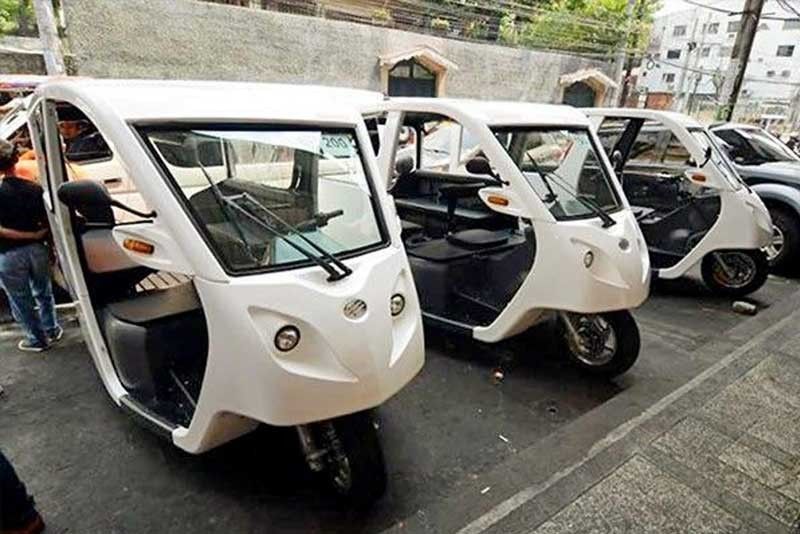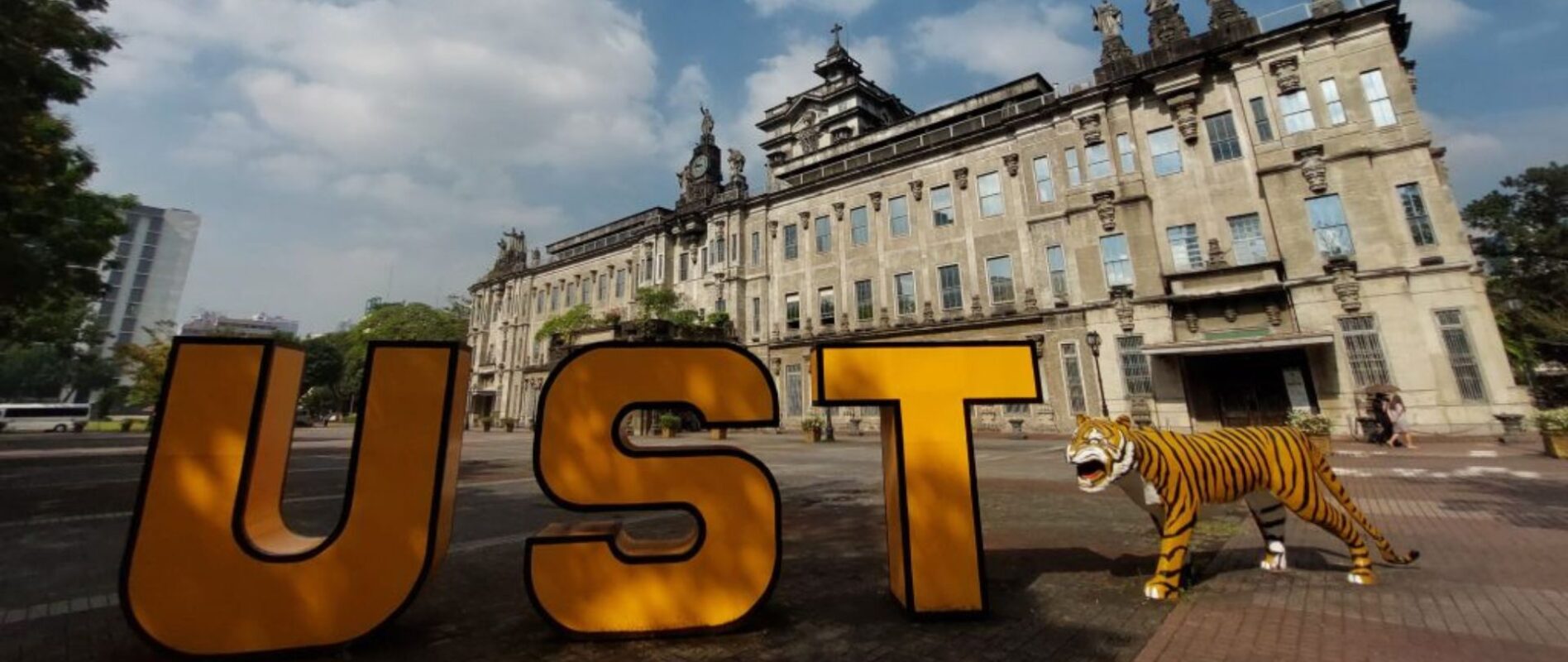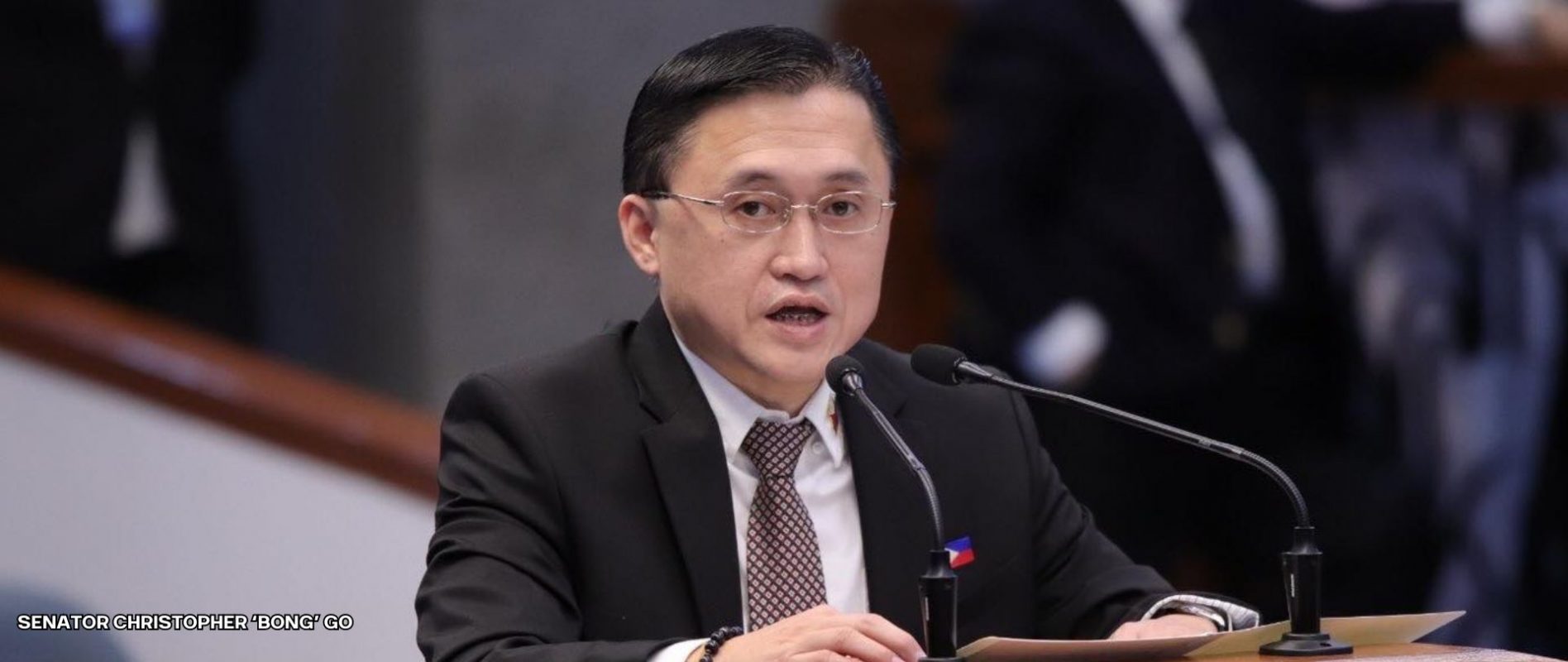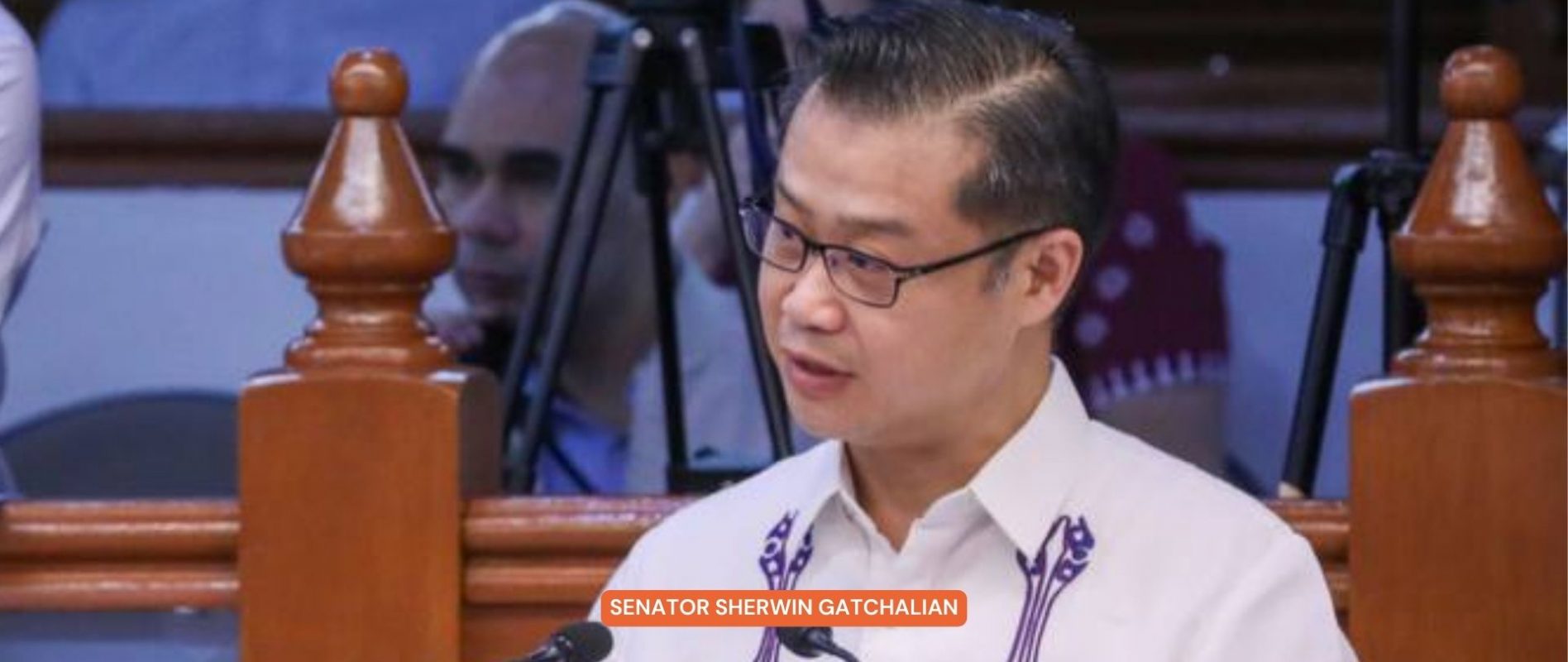SENATOR: TARIFF EXEMPTION ON EVs PAVES WAY FOR ‘GREEN TRAFFIC’ IN PH ROAD NETWORK
"We expect that tariff exemption of EVs will lead the country to usher in an EV ecosystem that is vibrant, responsive, and dynamic"
MANILA– Senator Sherwin Gatchalian said that the newly-imposed tax breaks for certain types of electric vehicles will help Filipinos adapt to the usage of EVs and help reduce carbon emissions.
Gatchalian, the principal author of the Republic Act 11697 or the Electric Vehicle Industry Development Act (EVIDA), said on Saturday, March 4, that the modified tariff rates will help make EVs more affordable for the local consumers.
The senator made the statement following the issuance of Executive Order No. 12 series of 2023 which halted the import duty of electric vehicles for the next five years to help mainstream EV usage and create a new industry that will support it in the Philippines.
Under EO12, several types of EVs have received tariff reductions and removal from the previous rates ranging from five to 30 percent.
“We expect that tariff exemption of EVs will lead the country to usher in an EV ecosystem that is vibrant, responsive, and dynamic,” the senator said in a statement.
‘Inclusivity needed in the EO’
While EO12 reduces the tariff for certain types of EVs, International think-tank and research organization ‘Stratbase ADR Institute’ said that this can be done better by including e-motorcycles in the measure.
Under the directive, e-motorcycles are still subject to 30 percent tariff while the taxes for kick scooters, pocket motorcycles, and self-balancing cycles were reduced to zero.
Stratbase President Prof. Dindo Manhit said that the EO should be modified as workers and students use motorcycles to commute to work while four-wheeled vehicles are often only afforded by higher-income individuals.
In 2021, the Land Transportation Office recorded that almost 8 million units of motorcycles are registered in the agency.
Environmental effects
Meanwhile, environmentalists have been proposing the shift to EVs in the country to help mitigate the effects of climate change. Along with this is the call to shift to renewable energy production as the country is still sourcing its electricity mainly from fossil fuels and coal.
According to the Statista Research Department, the power production in the Philippines is still dominated by coal at 47.6 percent, followed by other fossils at 18 percent, and gas at 10.7 percent, which totals 76.3 percent.
Various types of renewable energy generation like wind, solar, bioenergy, hydro, and other renewables share at 23.7 percent of the country’s total power source.
The transportation sector, alone, in the country is responsible for emitting 31.54 million tons of carbon dioxide which contributes to climate change.
As stated by IQAir, the rate of PM2.5 pollutants in Manila is twice the World Health Organization (WHO) annual air quality guideline value.
WHO stated that it is vital to achieve the right air quality guideline value to minimize the health risk from the pollutant exposure.
The Philippines aims to go full on electric vehicles by 2040 and is set to limit the sale of internal engine combustion cars as part of its comprehensive plan to transition to what environmentalists foresee as ‘green traffic,’ or a decarbonized road network in the country.














